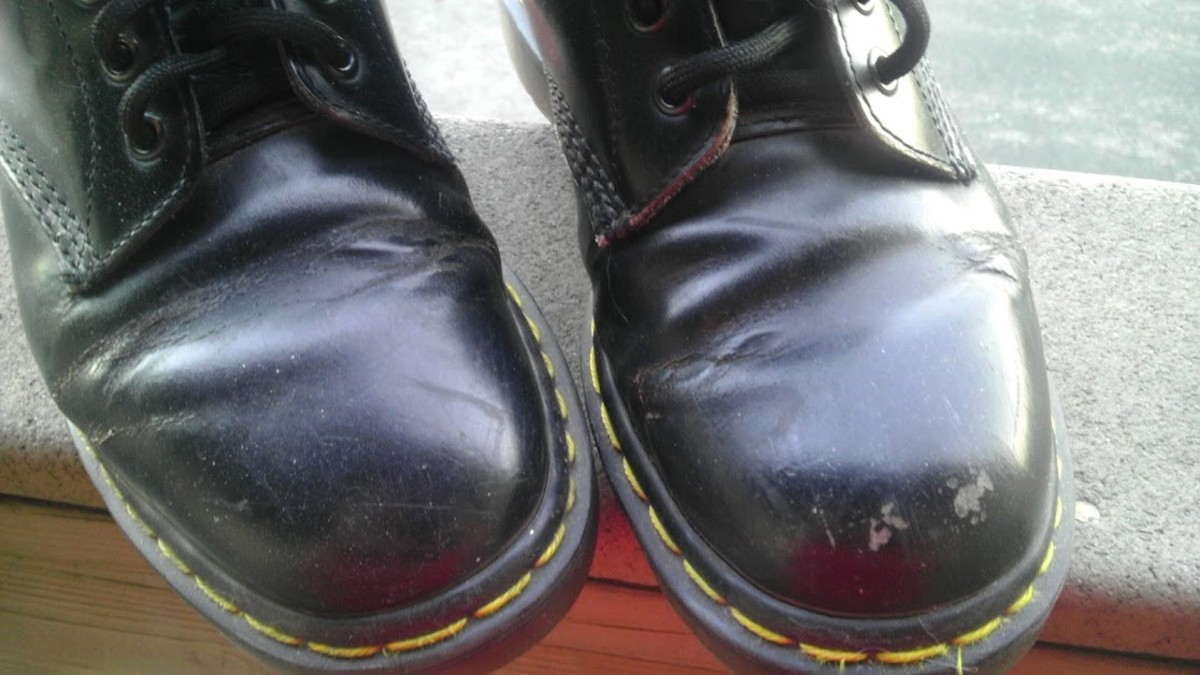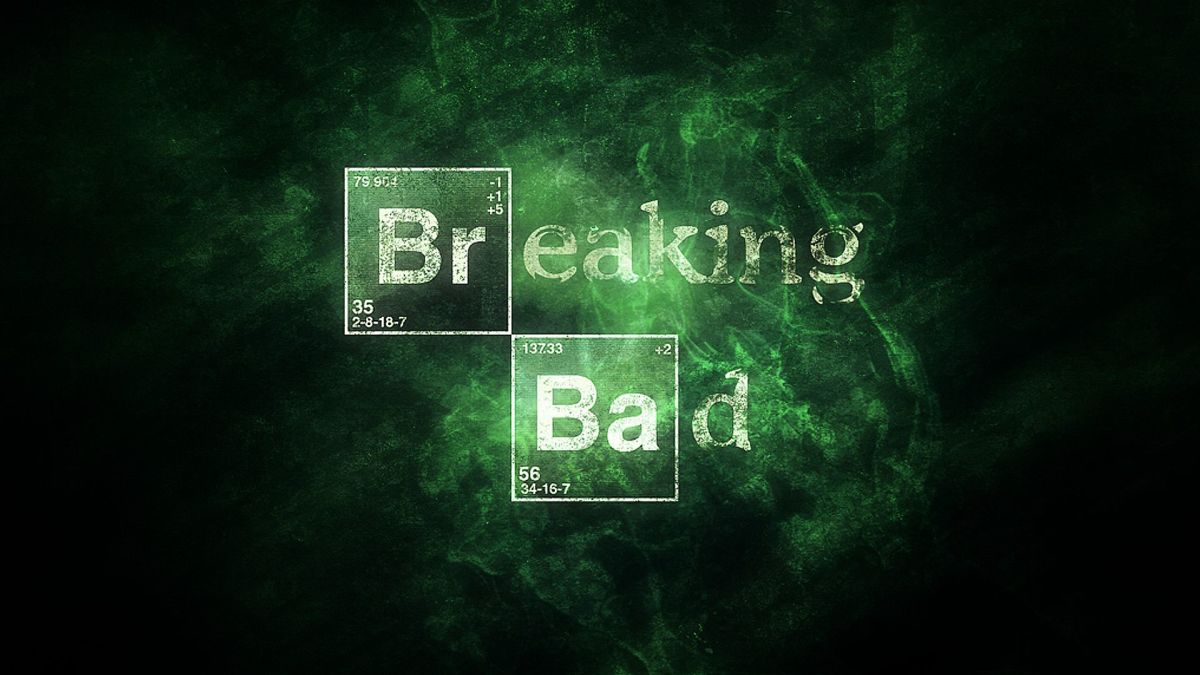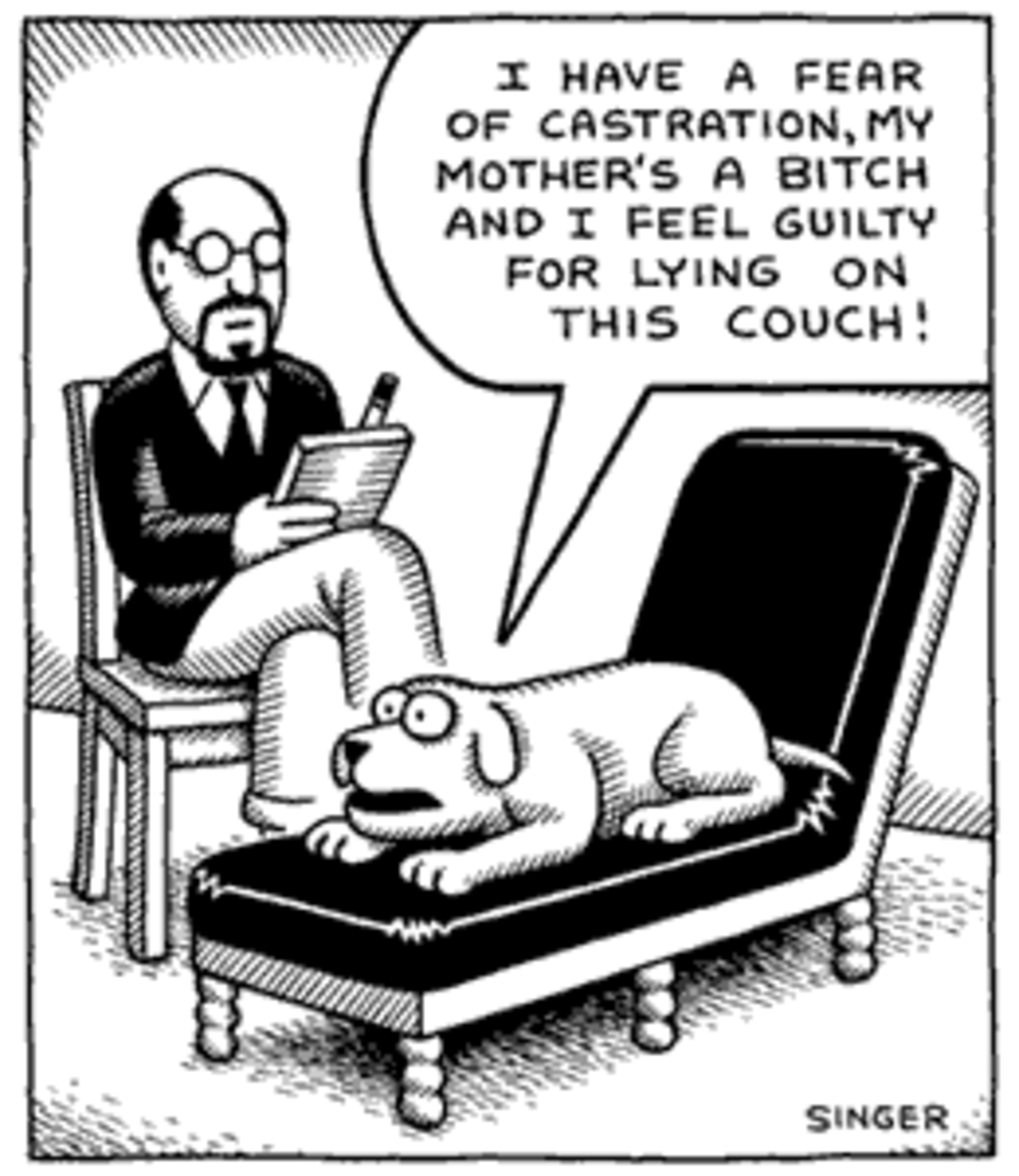Tips on how to break bad news
Chances are that at least once in life time you have been faced with the dilemma of breaking bad news to someone. It even becomes more of a predicament if that someone is close to you, say like a friend or a family member.
As a lecturer, I do often find myself faced with a decision of breaking bad news to parents about their children in college and it is not easy.
One time I found myself faced with this dilemma of breaking bad news to a friend and a neighbor. We used to live in the same neighborhood in the city and often we would leave our houses in the care of each other.
My neighbor and his newly wed wife were on a trip and my family and I had just stepped out for an evening walk, we returned to find my neighbor’s house on fire, their home was completely destroyed.
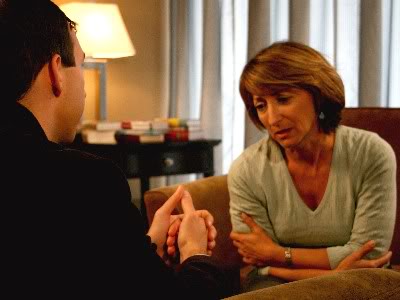
Breaking bad news is never easy. As the bearer of the news you feel emotional, anxious, and confused, you may not even know where to start or what to say.
You feel like you would worsen the situation by being instrumental in what your news will cause.
The best way to approach this is to always remind yourself that it is not your fault and that the victim will appreciate that you told them as early as possible.
The victim has the right to know the bad news and in that way he or she can begin the process of healing and come into terms with what has happened.
In many situations we may tend to wait until the last minute to break the news. This is usually contributed by the notion that “if we wait, we can get the right time to break the news”.
Psychology counselors advise that, there is no right time to break bad news. Breaking bad news should be done as soon as possible so long as it is done gently and in the most honest manner.
Although most of the time we may delay breaking bad news because we have the interests of the victim at heart, delaying the bad news will only delay the grieving and recovery process.
Eventually, the victim will learn about the bad news and feel robbed of the time he or she could have spent coming into terms with the bad news.
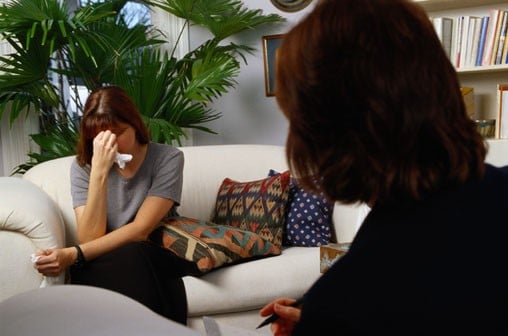
So how should you break the bad news?
- Before you break the bad news, try to gather as much information as possible about what happened. The information should be correct and truthful as this will help you to answer questions from the victim or suggest way forward. Most people would like to know as much as possible about an incident and you will only serve them good if you can provide the information. Do not worry how much to divulge no matter how painful it can, most victims will appreciate that they learnt about it firsthand. Be honest or the victim may hold it against you later.

- Always be honest and prepare yourself of what reactions the bad news will cause to the victim and yourself as news bearer. Think about what to say and the possible consequences of the bad news.
- If you ardently know the victim, it is good to arrange for a friend or a relative to be with him or her while breaking the news for emotional and moral support.
- When breaking the bad news, be honest and straight forward as possible. Delaying the news will only make the victim more anxious and harder for him or her to absorb the news.
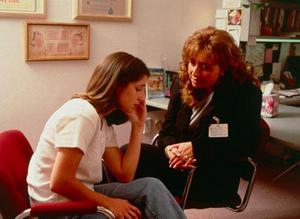
- Breaking of bad news should be gentle as possible, be clear and concise as you can and avoid overloading the victim with piles of information that will take them time to absorb or come into terms with the impact. Do not give misleading information.
- If you can, arrange for the next action after breaking the news like having the victim visit a counselor. If there is a practical help needed like visiting a hospital with the victim or alerting other family members, go ahead and help as this will help the victim to feel better and in control.
- Over the days to come after breaking the bad news, support the victim as much as they need, be with him or her and recommend places where to get more help. This way, not only will it help the victim to recover and rebuild his or her live quickly but it will also help you emotionally. If the victim wants to talk about what happened often, let him or her as this can be a good healing and recovery therapy.

